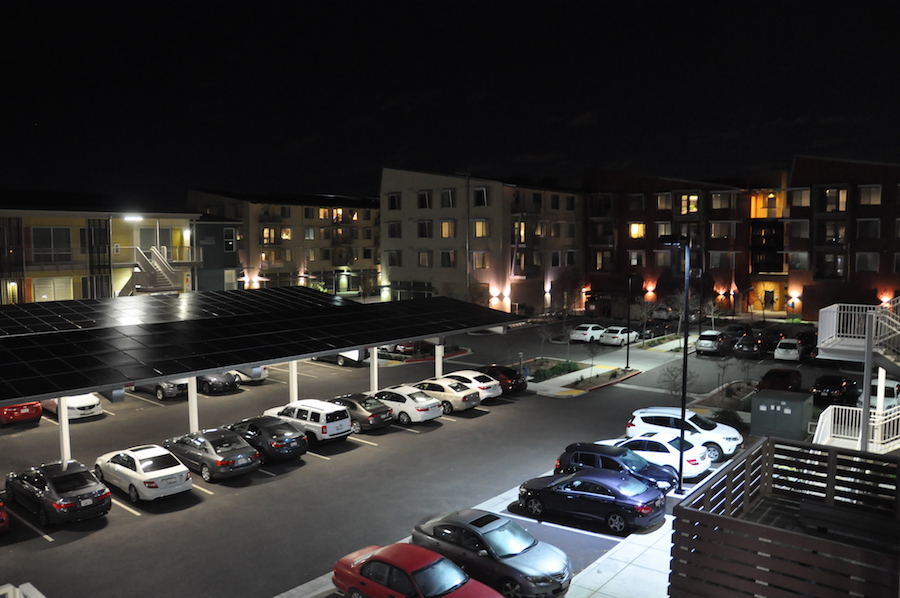
Fellows to receive hands-on experience and lectures focused on energy efficiency and conservation
The U.S. Department of State and the International Research and Exchanges Board (IREX) recently announced that 25 accomplished young African leaders selected from countries in sub-Saharan Africa are coming to UC Davis for the first energy-themed institute offered through the Mandela Washington Fellowship.
The fellowship is the flagship of President Obama’s Young African Leaders Initiative, which launched in 2010 as an investment in the next generation of African leaders.
On Feb. 9, IREX, the international nonprofit that administers the fellowship program, announced the 36 universities that will host six-week summer programs, all focused on energy conservation, business and entrepreneurship, civic leadership and public management.
At the UC Davis Specialized Institute on Energy: Pathways to Zero-Net Energy, the fellows will experience a living lab for energy efficiency, as well as seminars and lectures focused on faculty expertise and disciplines from about a dozen UC Davis institutes and research centers. These centers include the Energy Efficiency Center, which accelerates the development and commercialization of energy efficiency technologies, and the Institute of Transportation Studies, the world’s leading university center on sustainable transportation.
“UC Davis is leading the way in many aspects of sustainable and efficient energy and is ranked third in the world for sustainability by the GreenMetric World University Ranking,” said Jennie Konsella-Norene, the international funding analyst at UC Davis administering the project.
There will also be field trips and guest lectures focused on key energy organizations and the use of renewable energy. Other opportunities for the fellows include visits to green locations such as West Village, the nation’s largest planned zero-net energy community, the Honda Smart Home, one of the university’s examples of zero-net energy living, and the solar farm that generates 14 percent of UC Davis’ electricity.
The fellows will get a hands-on experience by helping install solar energy systems for low-income families, cleaning up a local watershed, performing campus energy audits and working on a community garden.
“The Mandela Washington Fellowship provides a unique opportunity for UC Davis to host and get to know a group of outstanding young people representing different countries throughout Africa,” said professor of soil science and soil microbial ecologist Kate Scow, who serves as the academic director of the institute and has worked on projects in sub-Saharan Africa for a number of years. “Our program hopes to create many exciting opportunities for the Mandela Washington Fellows to interact and have mutual exchanges with a broad variety of members of the UC Davis academic and local communities.”
Chancellor Linda P.B. Katehi believes this program will help not only the fellows’ home communities and countries, but their own UC Davis community as well.
“The institute experience at UC Davis will help these young African leaders make an impact in their home communities and countries,” Katehi said in a statement. “We also look forward to their involvement beyond the institute with the campus and especially students. We hope to learn from them and appreciate what they will bring to the campus community.”
Written by Demi Caceres – campus@theaggie.org




